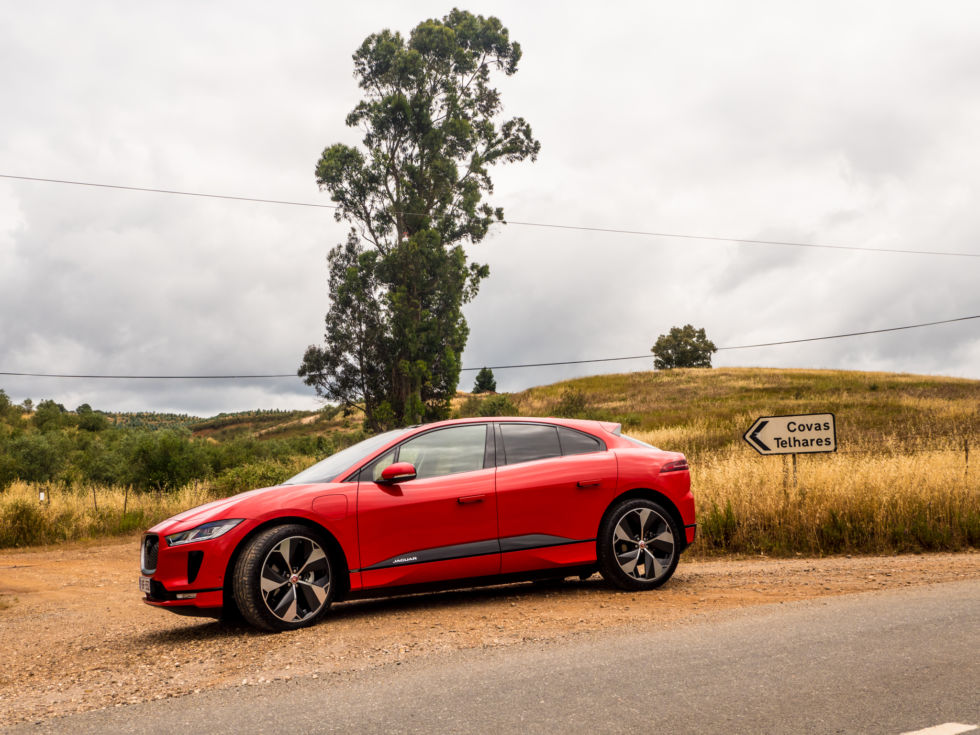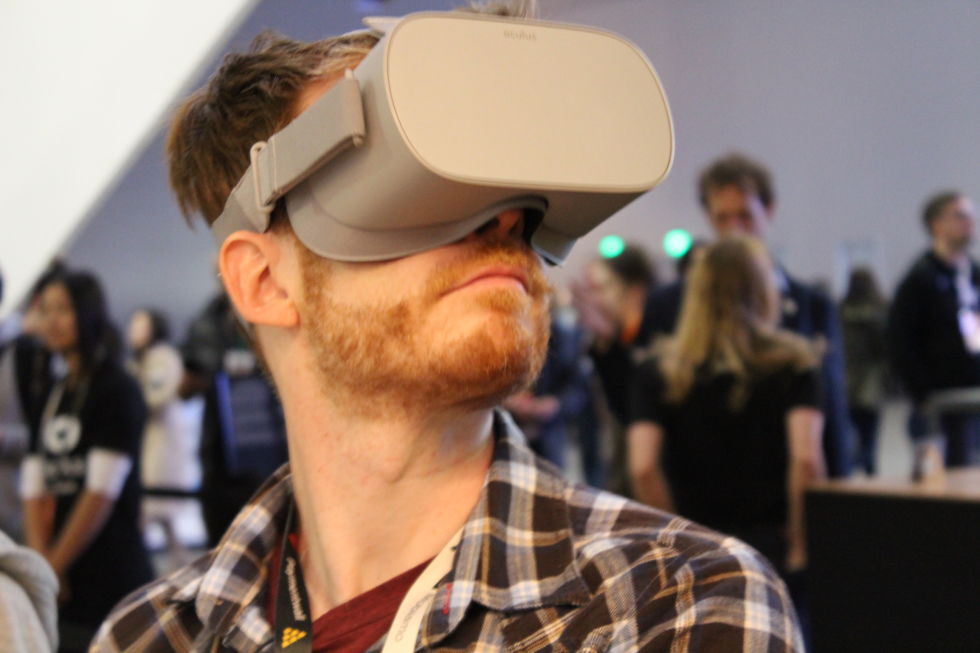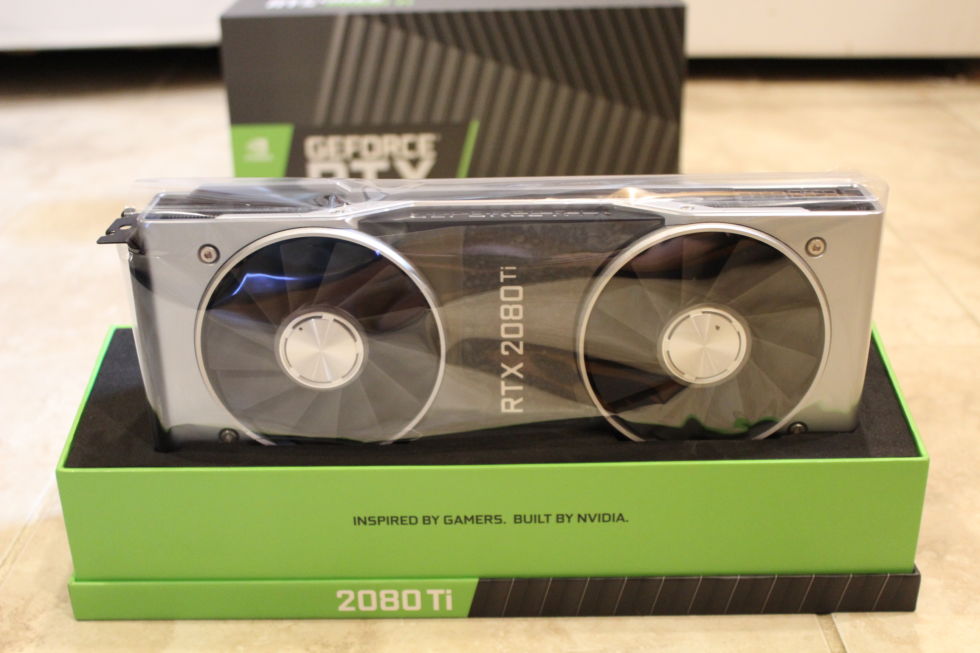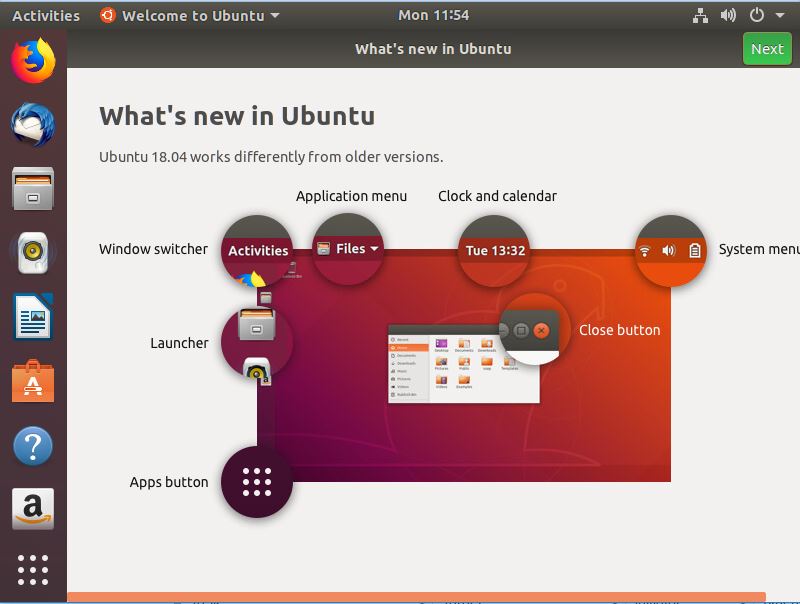Yesterday, we brought you the most-commented stories of 2018. We’re back today with a little more Christmas reading for you: the most-popular stories of 2018. As we have done in the past, we made two different lists: one for features (long-form content like OS reviews) and one for news stories. Let’s start with the features.
Top 10 features of 2018
10. Forget about that Tesla—the Jaguar I-Pace is the most compelling EV yet

When it comes to electric vehicles, Tesla has been the leader of the pack, at least in terms of press coverage and public attention. But that doesn’t mean that there aren’t other very capable EVs out there. Automotive Editor Jonathan Gitlin had the chance to head across the Atlantic to spend a couple of days behind the wheel of the Jaguar I-Pace and came away impressed. It’s all new, all electric, and all kinds of good. It starts at $69,500 before tax incentives but offers 394hp worth of performance and a range of at least 240 miles (400km). How good is it? Jonathan rated it as better than either of Jaguar’s conventional SUVs.
9. Android 9 Pie, thoroughly reviewed

Every year, Google releases a new version of Android, and every year, Ron Amadeo pokes around in every last nook and cranny of the mobile OS. Android 9 brought the latest Material Design spec and launched a wave of UI updates that will eventually propagate across the entire Google ecosystem. There are AI-powered battery-usage controls, tweaks to the app-distribution system, and, of course, support for the notched displays that are all the rage.
8. Oculus Go review: The wireless-VR future begins today for only $199

One of the hindrances to widespread adoption of virtual reality tech has been the price tag. Standalone and PC-centric VR systems came with hefty prices, and that scared many price-conscious consumers away. Enter the Oculus Go, a standalone VR headset that costs just $199. After spending several hours playing around with it, the verdict came in: it offers some compromises, but it’s comfortable, has a better pixel resolution than some pricier PC-only devices, and offers decent performance. It was even enough to temporarily spark our “VR might actually happen” enthusiasm.
7. Nvidia RTX 2080 and 2080 Ti review: A tale of two very expensive graphics cards

Those who started reading Ars back in the day will remember one of our early taglines: “The PC Enthusiast’s Resource.” While we have branched out into things like geek culture, science, cars, and tech policy, we have always had a special place in our heart for good hardware, the kind we used to write about on almost a daily basis. The days of Celeron overclocking guides are long gone, but we still like to dive deep into CPU and graphics cards when the opportunity arises. Such an opportunity came in September with the release of the Nvidia RTX 2080 and 2080 Ti graphics cards. Whether talking price ($1,199—yikes) or performance (106fps playing Hitman in 4K), these are not your father’s graphics cards.
6. Ubuntu 18.04: Unity is gone, GNOME is back—and Ubuntu has never been better

More old-timey Ars stuff! Our Linux.Ars guys first took note of Ubuntu in their 2004 year-end roundup, saying that it “rocked the Linux desktop world.” Fourteen years later, Ubuntu 18.04 is rocking the Linux desktop world for an entirely different reason. As Scott Gilbertson put it, “Unity is gone, GNOME is back. And Ubuntu has never been better.”
This LTS release will be updated by Canonical until April 2023. In addition to going back to GNOME, Bionic Beaver has plenty of other welcome changes. Those include new minimal install options, a new Snapcraft store, and the removal of Wayland in favor of the X.org display manager. As Gilbertson concluded in his review, “The best Ubuntu offering in years will be waiting for you.”
Listing image by Aurich Lawson / Getty Images
https://arstechnica.com/?p=1429659

